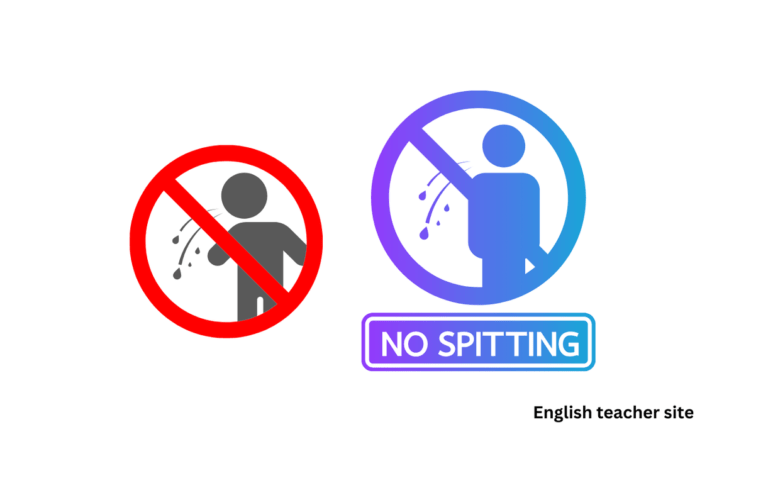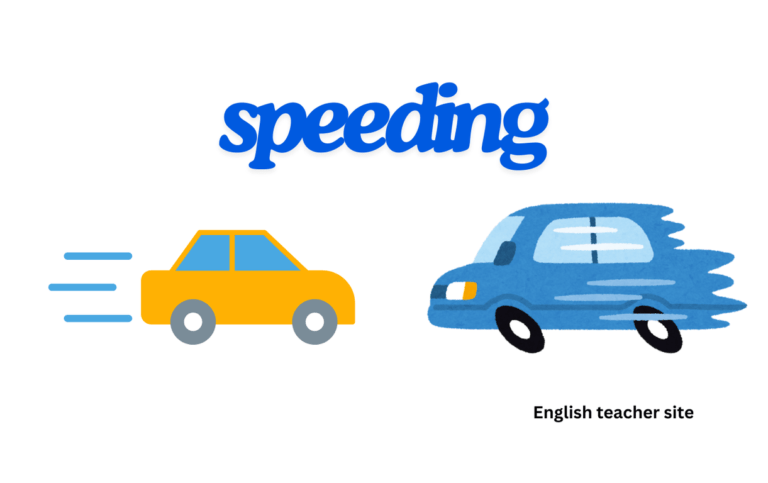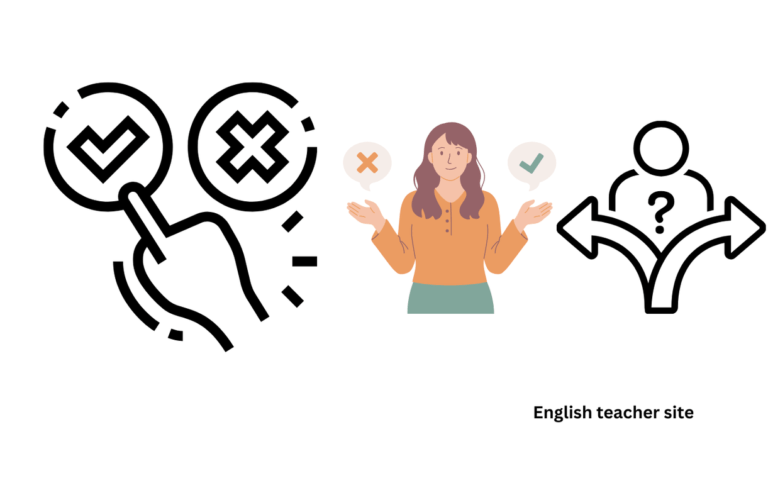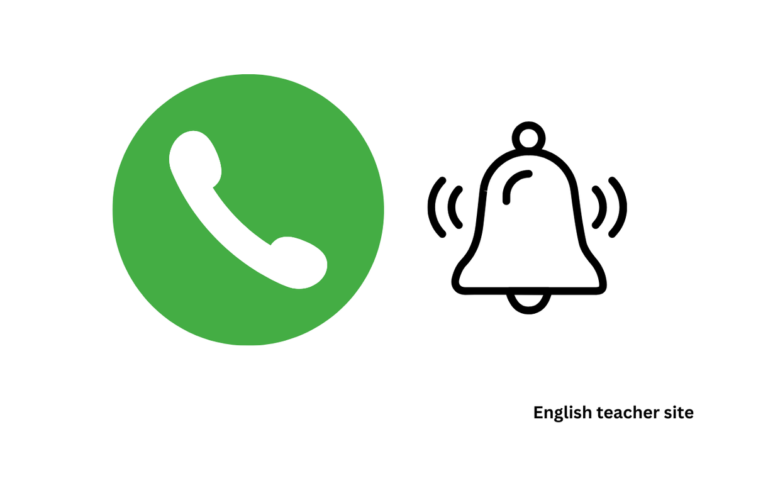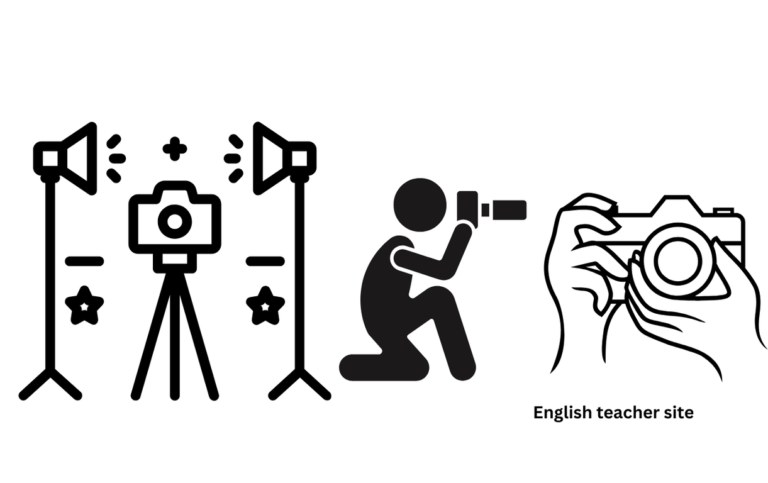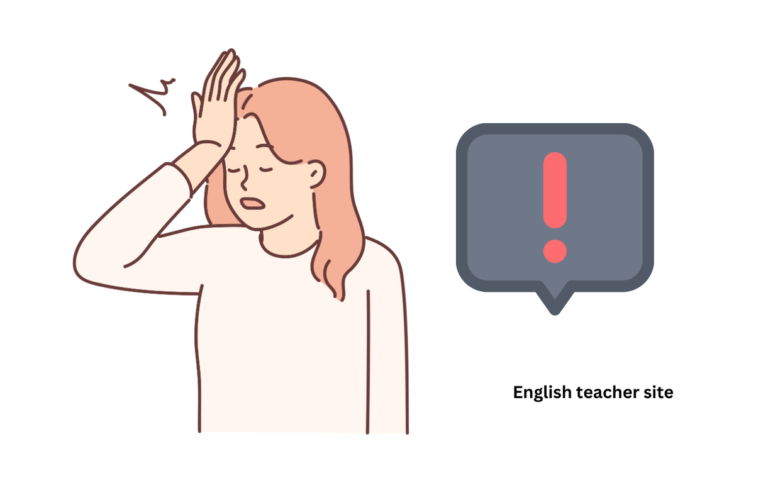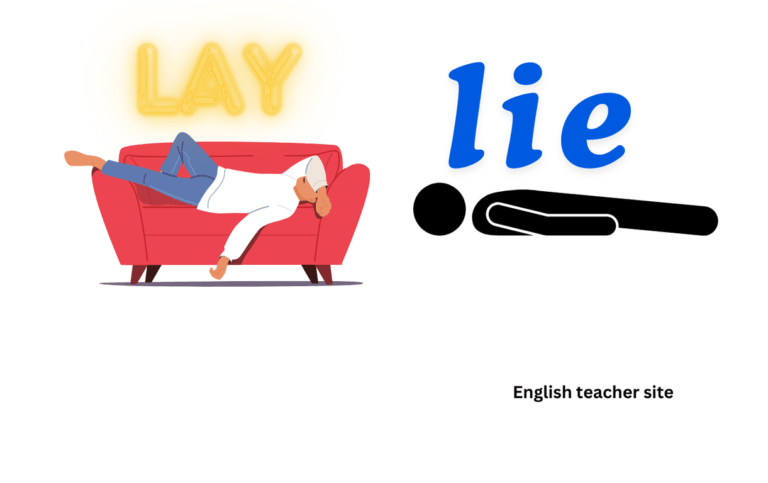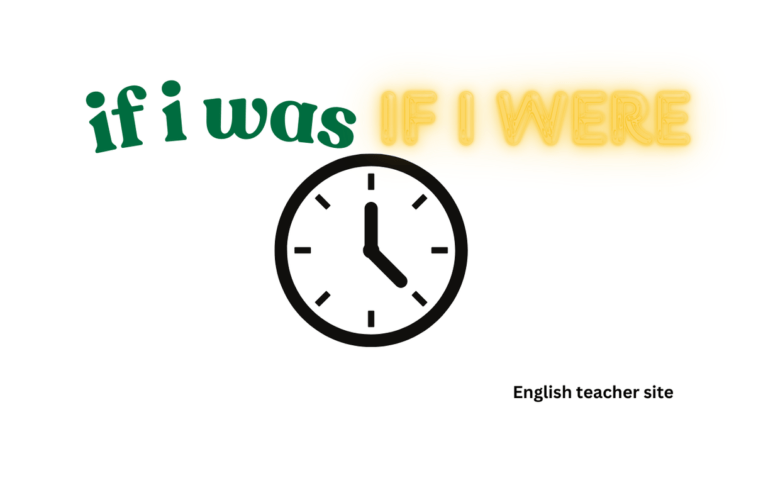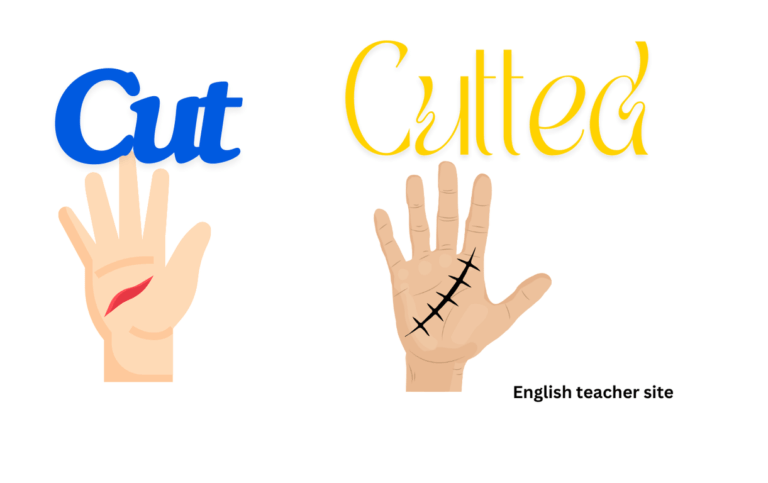Is It Spit or Spat: Understanding the Past Tense of “Spit”
Understanding the proper tense and conjugation of verbs forms the cornerstone of mastering English grammar. “Spit,” which means to forcibly eject saliva or another substance from the mouth, can also be a noun, adding an additional layer to its usage. In examining the verb “spit,” we dive into its present tense “spit,” past tense “spat,”…

